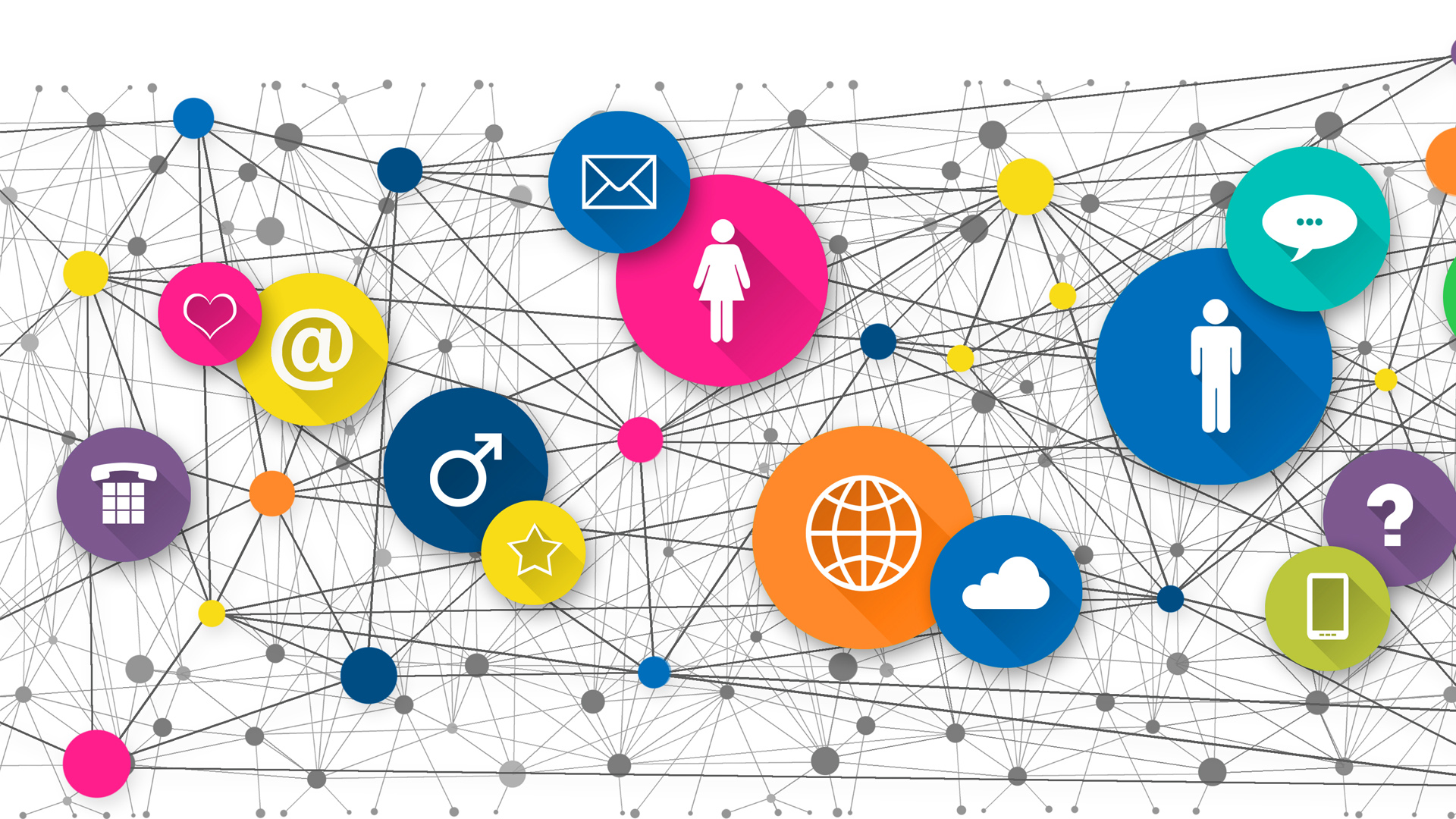Social media has revolutionized political campaigns, transforming how candidates engage with voters and convey their messages. Digital platforms play a crucial role in shaping modern politics, offering both opportunities and challenges. Here’s an in-depth look at the impact of social media on political campaigns.
Reaching a Wider Audience
Social media platforms like Facebook, Twitter, and Instagram allow political candidates to reach a broader audience than traditional media. These platforms provide access to millions of users, enabling candidates to communicate directly with potential voters. Social media also allows for targeted advertising, helping campaigns reach specific demographics.
Real-Time Engagement
Social media enables real-time engagement with voters, allowing candidates to respond to questions, address concerns, and share updates instantly. This immediacy fosters a sense of connection and transparency, making candidates more accessible to the public. Live streaming events and Q&A sessions on platforms like Facebook Live and Instagram Live have become popular tools for engagement.
Influencing Public Opinion
Social media has a significant impact on shaping public opinion. Viral posts, trending hashtags, and online discussions can sway voter perceptions and influence political discourse. Candidates and political parties use social media to frame narratives, highlight key issues, and counter misinformation.
Mobilizing Support
Social media is a powerful tool for mobilizing supporters and encouraging voter participation. Campaigns use platforms to organize events, rallies, and fundraisers, as well as to encourage voter registration and turnout. Hashtag campaigns and online petitions can generate momentum and amplify grassroots movements.
Data Analytics
Social media provides campaigns with valuable data and insights into voter behavior. Analytics tools allow campaigns to track engagement, measure the effectiveness of their messaging, and identify trends. This data-driven approach helps campaigns refine their strategies and tailor their outreach efforts.
Challenges and Risks
While social media offers numerous benefits, it also presents challenges and risks. The spread of misinformation, fake news, and online harassment can undermine the integrity of political discourse. Privacy concerns and the potential for data breaches also pose significant risks. Campaigns must navigate these challenges while maintaining transparency and ethical standards.
Regulatory Considerations
The influence of social media on politics has prompted calls for increased regulation. Governments and regulatory bodies are exploring measures to address issues such as misinformation, foreign interference, and data privacy. Ensuring fair and transparent use of social media in political campaigns remains a critical concern.
Future Trends
As technology continues to evolve, social media’s role in political campaigns will likely expand. Emerging technologies like artificial intelligence and virtual reality could further transform how campaigns engage with voters. Understanding and adapting to these trends will be essential for future political success.
Explore the profound impact of social media on political campaigns and how digital platforms are shaping the future of politics.

